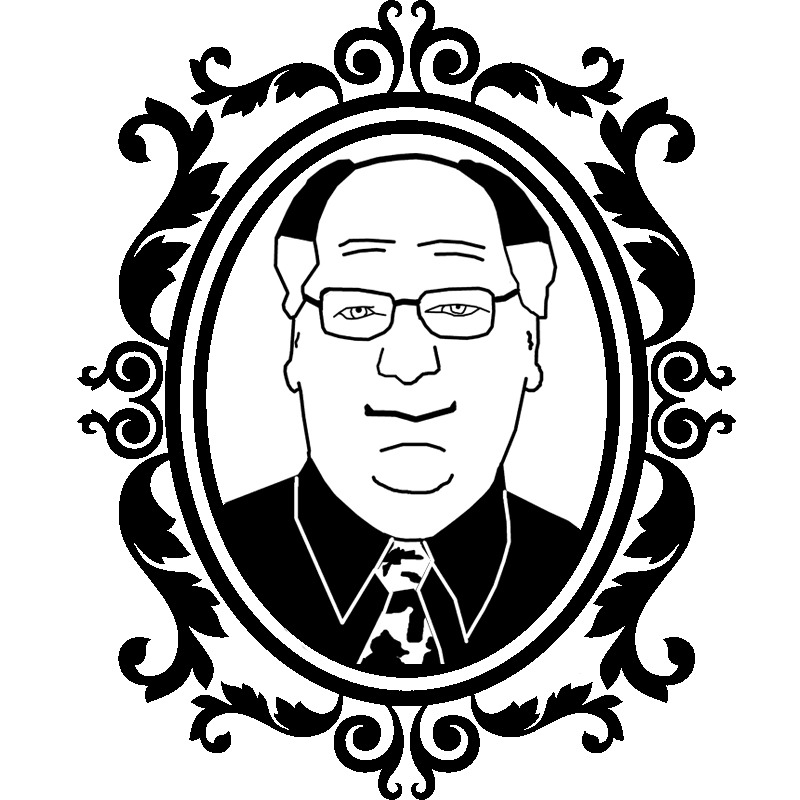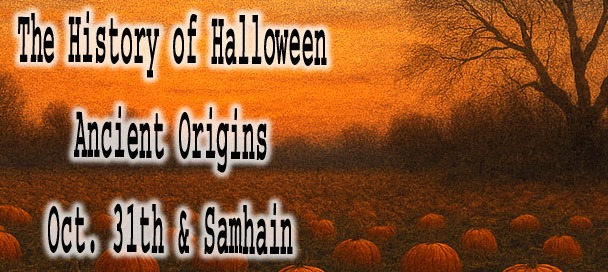🎥 James Whitmore: The Actor’s Actor Across Stage and Screen

James Whitmore in a mid-1970s publicity still.
James Whitmore was a rare breed of actor equally at home on stage, on screen, and in front of a camera delivering monologues that could silence a room. With a career that spanned over five decades, he earned accolades in nearly every corner of the performing arts, earning a reputation as a performer of unmatched depth and gravitas.
James Whitmore earned respect as an actor’s actor, seamlessly moving between stage, film, and television across a five-decade career. He delivered powerful solo performances like Give ’Em Hell, Harry! while also turning supporting roles into unforgettable moments. His portrayal of Brooks Hatlen in The Shawshank Redemption brought him renewed recognition late in life. Whitmore’s legacy lies in his integrity, range, and the emotional honesty he brought to every role.
He wasn’t flashy. He didn’t chase fame. Instead, Whitmore built his legacy on consistency and commitment, turning supporting roles into standout moments and one-man stage shows into award-winning tours de force. He could inhabit historical figures, everyday men, or legal giants and always made it look effortless.
James Whitmore’s rugged voice, commanding presence, and no-nonsense demeanor made him a natural fit for authoritative roles, but there was always a layer of warmth underneath. Whether playing a judge, a president, or a prison librarian, he radiated a quiet strength that made audiences trust him immediately.
While many actors found a niche and stayed in it, Whitmore refused to be boxed in. From classic war films to live stage productions, science fiction, and emotional television dramas, he challenged himself again and again making him not just memorable, but indispensable to every era he worked in.
James Whitmore proved that a great actor doesn’t need bombast his quiet strength and commitment allowed characters to live and breathe beyond the screen.
👶 Early Life
James Allen Whitmore Jr. was born on October 1, 1921, in White Plains, New York. Raised in a stable, middle-class household, he grew up with a strong sense of discipline and ambition. His father worked in the financial sector, and his mother encouraged creativity an influence that would later shape his career choices.
He attended Amherst Central High School in Buffalo before enrolling at Yale University, where he originally planned to study law. But a twist of fate landed him in the Yale Dramatic Association, and his interest in acting quickly took root. His rich voice and commanding presence stood out even then.
After graduating, Whitmore served in the United States Marine Corps during World War II. The experience toughened him and gave him a sense of humility that never left him, even as his fame grew. He later trained at the American Theatre Wing, refining his craft and preparing for the leap to professional acting.
Unlike many of his peers, James Whitmore didn’t shoot straight to stardom. He worked hard on stage, learning his trade the old-fashioned way. That foundation gave him the tools to deliver grounded, honest performances for the rest of his life.
Explore the Biographies of Iconic Celebrities
🎬 Film and Television Career
James Whitmore On Acting
James Whitmore made his big-screen debut in Battleground (1949), a gritty World War II drama that earned him an Academy Award nomination for Best Supporting Actor. It was an impressive start, and it set the tone for a career built on strong, character-driven performances. He followed it with roles in The Asphalt Jungle (1950), directed by John Huston and co-starring Sterling Hayden and Marilyn Monroe, and Above and Beyond (1952), where he portrayed Paul Tibbets' military colleague during the Enola Gay mission.
Throughout the 1950s and ’60s, Whitmore proved his range in diverse genres. He played a detective in the sci-fi cult classic Them! (1954), appeared opposite Spencer Tracy in The Last Frontier (1955), and took on courtroom drama in The Court-Martial of Billy Mitchell (1955) alongside Gary Cooper. His ability to shift between tough authority figures and sympathetic underdogs became one of his trademarks. He later reunited with John Wayne in Chuka (1967) and turned up in Black Like Me (1964), a controversial and ahead-of-its-time social commentary film in which Whitmore played a white journalist posing as a Black man in the segregated South.
On stage, James Whitmore delivered some of his most acclaimed work in one-man shows. His portrayal of President Harry S. Truman in Give 'Em Hell, Harry! (1975) earned him a second Oscar nomination this time for Best Actor. The entire film was a recording of his stage performance, proving just how powerful he could be without edits or retakes. He also performed solo roles as Will Rogers and Theodore Roosevelt, demonstrating his deep commitment to historical storytelling.
He also brought that same commitment to science fiction, playing President of the Assembly in Planet of the Apes (1968) alongside Charlton Heston, Roddy McDowall, and Maurice Evans. Though a smaller role, Whitmore’s dignified performance added gravity to the film’s allegorical themes, reinforcing his knack for elevating any project with quiet authority.
Television kept Whitmore in the spotlight throughout the latter half of his career. He guest-starred in series like The Twilight Zone, Wagon Train, Dr. Kildare, Gunsmoke, The Virginian, The Big Valley, CSI, and The Practice. But one of his most beloved roles came late in life as Brooks Hatlen, the elderly prison librarian in The Shawshank Redemption (1994). His heartbreaking performance added emotional depth to the film and introduced his talents to an entirely new generation. Whether in black-and-white crime dramas or ’90s prestige films, Whitmore’s screen presence remained timeless.
🎬 The Shawshank Redemption [DVD Collector’s Edition]
Relive one of the most powerful and enduring stories in modern cinema with The Shawshank Redemption, starring Tim Robbins as wrongly convicted banker Andy Dufresne and Morgan Freeman as Red, the quietly wise lifer who becomes his closest friend. Set inside the grim walls of Shawshank State Prison, the film tells a story of perseverance, hope, and unlikely friendship.

Collector’s Edition DVD of the Oscar-nominated film featuring Tim Robbins, Morgan Freeman, and James Whitmore.
Directed by Frank Darabont and based on a novella by Stephen King, the film remains a cultural touchstone often cited as one of the greatest movies of all time. James Whitmore delivers one of the film’s most unforgettable performances as Brooks Hatlen, the aging prison librarian whose story brings emotional depth to an already masterful script.
This Collector’s Edition DVD includes bonus features such as cast interviews, behind-the-scenes footage, director commentary, and retrospectives that explore how a modest box office release became a global favorite. Whether you’re watching it for the first time or revisiting it for the hundredth, this version delivers the full impact of Shawshank’s timeless message.
An essential addition to any serious film collection especially for fans of prison dramas, Stephen King adaptations, or character-driven storytelling at its best.
🕊️ Later Years
James Whitmore Give 'Em Hell Harry
As James Whitmore aged, he never faded from the spotlight he simply shifted gears. While many actors gradually eased into retirement, Whitmore continued to perform well into his 80s, driven by a love of storytelling and a deep respect for his craft. His stage work remained especially important, and he revisited his celebrated one-man shows long after their original runs. He was particularly proud of Give 'Em Hell, Harry!, which he performed across the country, often updating the tone to reflect the current political climate.
In film, his late-career resurgence came with The Shawshank Redemption (1994), where his portrayal of Brooks Hatlen became one of the most poignant parts of the film. The role introduced him to a new audience, and his performance as the kind, institutionalized librarian struck a nerve with viewers around the world. It was a reminder that even in a cast full of powerful actors, Whitmore could steal a scene with subtlety and grace.
He also continued to make appearances on television, showing up in popular shows like The Practice and CSI: Crime Scene Investigation, where he played a defense attorney whose moral compass added dimension to the series. In 2000, he won a Primetime Emmy for Outstanding Guest Actor for his work on The Practice, further solidifying his reputation as a performer who could command any screen at any age.
Offscreen, Whitmore was known for his political activism and environmental advocacy. He supported liberal causes, campaigned for candidates he believed in, and even narrated public service messages about conservation and wildlife. Until his passing on February 6, 2009, at the age of 87, James Whitmore remained fully engaged in both the arts and the world around him a rare combination that made his final years as impactful as his earliest ones.
In later years, Whitmore appeared as an environmental narrator and voiced public service messages—his voice transcended roles to become advocacy
🏆 Legacy
James Whitmore left behind a legacy defined by versatility, integrity, and quiet brilliance. He wasn’t a showboater or a headline-chaser he was a working actor in the truest sense, and one of the few who found equal success in film, television, and theater. Whether portraying war heroes, historical figures, or deeply human characters like Brooks in The Shawshank Redemption, he brought an honesty to every role that made his performances linger long after the credits rolled.
His talent was recognized across the board. Whitmore was a rare triple threat nominated for an Oscar, winner of an Emmy, and recipient of a Tony Award. Few actors can claim that trifecta, and even fewer can say they did it while maintaining a grounded, no-frills approach to fame. He didn’t rely on gimmicks or vanity just craft, discipline, and a deep understanding of people.
Whitmore’s stage work, particularly in solo performances like Give 'Em Hell, Harry! and his portrayals of Will Rogers and Theodore Roosevelt, helped preserve important chapters of American history. He made the past feel personal and alive, connecting audiences with the ideals and flaws of real-world figures in a way textbooks never could. For many, his interpretations became the definitive versions.
More than awards or accolades, James Whitmore is remembered as an actor who made every word count. He brought heart, intelligence, and authenticity to everything he touched. For generations of audiences and for countless actors who followed he proved that greatness doesn’t have to be loud. Sometimes, it just needs to be real.
🗣️ Why They Still Matter
James Whitmore remains relevant because his work shows how craft, consistency, and depth outlive trends. His performance in The Shawshank Redemption introduced him to new generations, while his solo and historical portrayals continue to be studied as examples of acting stripped of vanity. His career still inspires actors to let character, not celebrity, guide them.
Further Reading & Resources
📖 James Whitmore - The Movie Database (TMDB)
📰 James Whitmore (1921-2009) - Find a Grave Memorial

ML Lamp is the owner of Kilroy Was Here. After his 20 years of working in Las Vegas in the entertainment promotions field, Mr. Lamp retired in 2002 from his job to pursue his passion for collectibles. Now as a guest speaker and author he’s living the dream, and sharing his warmth with You.





